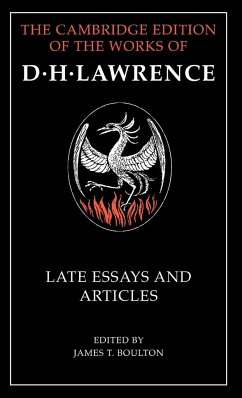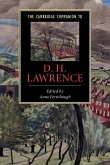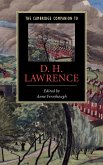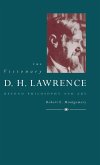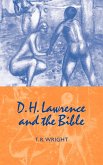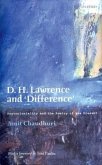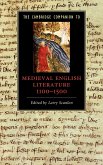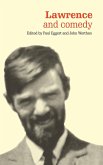In his last years D. H. Lawrence often wrote for newspapers; he needed the money, and clearly enjoyed the work. He also wrote several substantial essays during the same period. This meticulously-edited collection brings together major essays such as Pornography and Obscenity and Lawrence's spirited Introduction to the volume of his Paintings; a group of autobiographical pieces, two of which are published here for the first time; and the articles Lawrence wrote at the invitation of newspaper and magazine editors. There are thirty-nine items in total, thirty-five of them deriving from original manuscripts; all were written between 1926 and Lawrence's death in March 1930. They are ordered chronologically according to the date of composition; each is preceded by an account of the circumstances in which it came to be published. The volume is introduced by a substantial survey of Lawrence's career as a writer responding directly to public interests and concerns.
Table of contents:
General editor's preface; Prefatory note; Acknowledgements; Chronology; Cue-titles; Introduction; Late essays and articles: note on the texts; Mercury; [Return to Bestwood]; Getting on; Which class I belong to; Newthorpe in 2927; The 'Jeune Fille' wants to know; Laura Philippine; That women know best; All there; Thinking about oneself; Insouciance; Master in his own house; Matriarchy; Ownership; Autobiography; Women are so cocksure; Why I don't like living in London; Cocksure women and hen-sure men; Hymns in a man's life; Red trousers; Is England still a man's country?; Sex appeal; Do women change; Enslaved by civilisation; Give her a pattern; Introduction to pictures; Myself revealed; Introduction to these paintings; The state of funk; Making pictures; Pornography and Obscenity; Pictures on the wall; The risen lord; Men must work and women as well; Nottingham and the mining countryside; We need one another; The real thing; Nobody loves me; Appendix 1. Early draft of 'The 'Jeune Fille' Wants to Know'; Appendix 2. Vanity Fair version of 'Do Women Change'; Appendix 3. 'Mushrooms': an autobiographical fragment; Explanatory notes; Textual apparatus; A note on pounds, shillings and pence.
Thirty-nine essays and articles, written by D. H. Lawrence in the period between 1926 and his death in 1930, are collected in this volume. They include the contentious introduction to his own volume of Paintings, the highly controversial essay Pornography and Obscenity, and two autobiographical pieces never published before.
Essays and articles written by D. H. Lawrence between 1926 and 1930, including work never before published.
Table of contents:
General editor's preface; Prefatory note; Acknowledgements; Chronology; Cue-titles; Introduction; Late essays and articles: note on the texts; Mercury; [Return to Bestwood]; Getting on; Which class I belong to; Newthorpe in 2927; The 'Jeune Fille' wants to know; Laura Philippine; That women know best; All there; Thinking about oneself; Insouciance; Master in his own house; Matriarchy; Ownership; Autobiography; Women are so cocksure; Why I don't like living in London; Cocksure women and hen-sure men; Hymns in a man's life; Red trousers; Is England still a man's country?; Sex appeal; Do women change; Enslaved by civilisation; Give her a pattern; Introduction to pictures; Myself revealed; Introduction to these paintings; The state of funk; Making pictures; Pornography and Obscenity; Pictures on the wall; The risen lord; Men must work and women as well; Nottingham and the mining countryside; We need one another; The real thing; Nobody loves me; Appendix 1. Early draft of 'The 'Jeune Fille' Wants to Know'; Appendix 2. Vanity Fair version of 'Do Women Change'; Appendix 3. 'Mushrooms': an autobiographical fragment; Explanatory notes; Textual apparatus; A note on pounds, shillings and pence.
Thirty-nine essays and articles, written by D. H. Lawrence in the period between 1926 and his death in 1930, are collected in this volume. They include the contentious introduction to his own volume of Paintings, the highly controversial essay Pornography and Obscenity, and two autobiographical pieces never published before.
Essays and articles written by D. H. Lawrence between 1926 and 1930, including work never before published.

